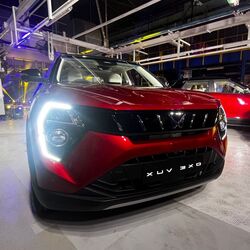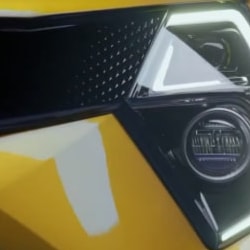Electric cars produce less CO2 than petrol vehicles, study confirms
- The researchers said in a few years, even inefficient electric cars will be less emission-intensive than most new petrol cars in most countries.
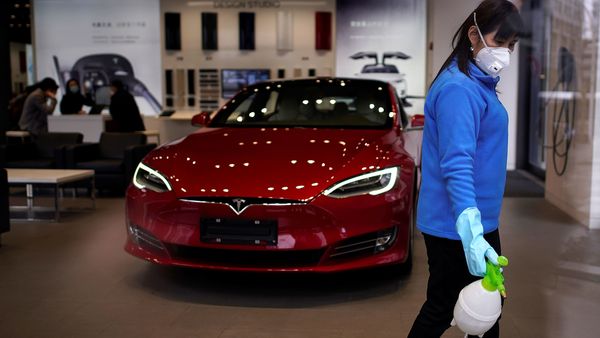

Electric vehicles produce less carbon dioxide than petrol cars across the globe, even if electricity generation involves substantial amounts of fossil fuel, according to a study which projects that in 2050 every second car on the streets could be electric.
Researchers from Radboud University in the Netherlands found that under current conditions, driving an electric car is better for the climate than conventional petrol cars in 95 per cent of the world.
Also check these Cars
The only exceptions are places like Poland, where electricity generation is still mostly based on coal, the researchers said.
Average lifetime emissions from electric cars are up to 70 per cent lower than petrol cars in countries like Sweden and France -- which get most of their electricity from renewables and nuclear -- and around 30 per cent lower in the UK, they said.
The researchers said in a few years, even inefficient electric cars will be less emission-intensive than most new petrol cars in most countries, as electricity generation is expected to be less carbon-intensive than today.
The study, published in the journal Nature Sustainability, projects that in 2050, every second car on the streets could be electric, the researchers said.
This would reduce global CO2 emissions by up to 1.5 gigatonnes per year, which is equivalent to the total current CO2 emissions of Russia, they said.
The study also looked at electric household heat pumps, and found they too produce lower emissions than fossil-fuel alternatives in 95 per cent of the world.
Heat pumps could reduce global CO2 emissions in 2050 by up to 0.8 gigatonnes per year, according to the researchers.
"We started this work a few years ago, and policy-makers in the UK and abroad have shown a lot of interest in the results," said lead study author Florian Knobloch from Radboud University.
"The answer is clear: to reduce carbon emissions, we should choose electric cars and household heat pumps over fossil-fuel alternatives," Knobloch said.
The researchers said the idea that electric vehicles or electric heat pumps could increase emissions is essentially a myth. There has been a lot of discussion about this recently, with lots of disinformation going around, they said.
"We have run the numbers for all around the world, looking at a whole range of cars and heating systems. Even in our worst-case scenario, there would be a reduction in emissions in almost all cases. This insight should be very useful for policy-makers," said Knobloch.
The study examined the current and future emissions of different types of vehicles and home heating options worldwide.
It divided the world into 59 regions to account for differences in power generation and technology.
In 53 of these regions -- including all of Europe, the US and China -- the findings show electric cars and heat pumps are already less emission-intensive than fossil-fuel alternatives.
These 53 regions represent 95 per cent of global transport and heating demand and, with energy production decarbonising worldwide, Knobloch said the "last few debatable cases will soon disappear".
The researchers carried out a life-cycle assessment in which they not only calculated greenhouse gas emissions generated when using cars and heating systems, but also in the production chain and waste processing.
"Taking into account emissions from manufacturing and ongoing energy use, it's clear that we should encourage the switch to electric cars and household heat pumps without any regrets."








 64.8 kWh
64.8 kWh 418 Km
418 Km
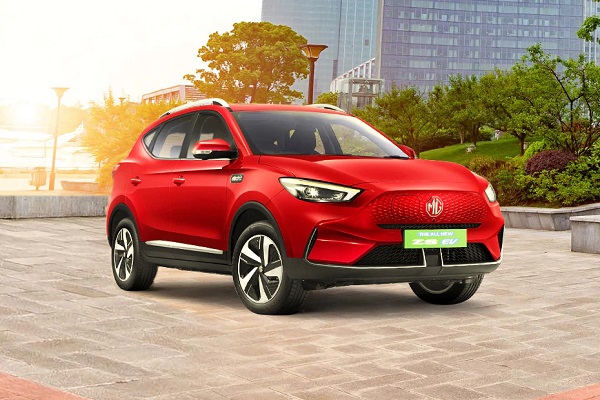
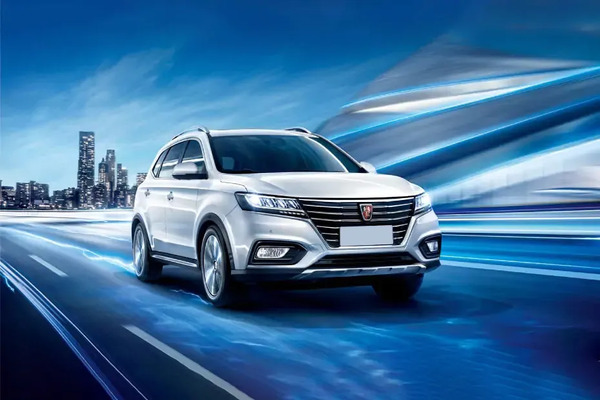

 1497 cc
1497 cc Multiple
Multiple





